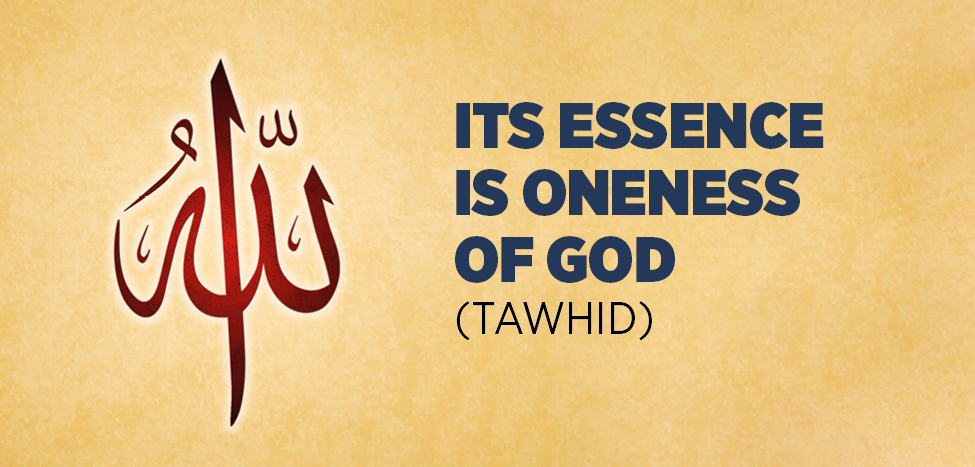What is the wisdom of ramadan? What is the wisdom of imposing fasting?
Fasting is a form of worship consisting in abstaining from food, drink, and sexual activity between dawn and sunset. This worship is performed every year over the lunar month of Ramadan for 29 or 30 days.
By training us for the qualities of patience, self-control and staying away from carnal desires – all of which qualities are a must in the struggle of life – fasting perfects our moral state. It is a shield that protects the honor and dignity of human beings from the never-ending urges of the carnal self for eating, drinking and copulating. Fasting also helps those who perform it reach moral beauties such as resoluteness, perseverance, contentment, determination, and patience. By having us experience neediness and hunger, fasting reminds us of the value of the bounties upon us.
Fasting consequently fills our hearts with praise and thanks to Allah as well as mercy and helpfulness towards His subjects. Thus, fasting is the most effective medicine in setting aside antisocial negativities such as grudge, jealousy, and envy.
It is no wonder that fasting was imposed as obligatory not just on this nation but also on prior ones. Allah the Exalted commands:
“O you who believe! Fasting is prescribed to you as it was prescribed to those before you, that you may learn self-restraint. Fasting is for a fixed number of days…” (Al-Baqara (The Cow), 2:183-184)
For fasting to be spiritually useful, one needs to strictly avoid misbehavior such as lying, slandering, backbiting, tale-bearing, swearing and cursing, fighting, and all kinds of bad acts and sins. The Messenger of Allah (blessings and peace be upon him) recommends the believer who is fasting to show calm in the face of any rudeness. In this way the fasting person moves away from bad manners.
Fasting ensures that a person is healthier and more productive. We can observe this in trees. Trees fall asleep in the winter after dropping all their leaves, they do not even accept water into their roots until spring comes and ice melts. After these few months of fasting, when spring arrives, trees achieve greater productivity as can be observed from the abundance of leaves and flowers. Even minerals need fasting. Engines and machines are stopped after they work for a long while. This resting helps them regain their earlier strength.
The medical community informs us that fasting fewer than thirty days would not be effective and fasting more than forty days would become habitual and would not be as beneficial as giving a break to eating and drinking in certain periods. In recent times with a new healing method practiced in the West, chronic illnesses are healed by short or long-term fasting depending on the situation of the patient.[1] Fasting also helps mental and spiritual characteristics work healthier.
Let’s also remember that the purpose of fasting is not to torture the body and put it under undue burden. The Messenger of Allah (blessings and peace be upon him) recommended to wake up for the ritual pre-dawn meal (sahur) when fasting and to hasten in breaking the fast when the sun sets (iftar).[2]
Thus, the real goal of fasting is to fulfill the duty of being a subject to Allah, to tame the carnal self and achieve piety, and to form an environment with which Allah would be pleased by improving the individual and the society.
[1] Prof. Dr. M. Hamîdullah, Introduction to Islam (Islâm’a Giriş), pg. 104.
[2] Bukhari, Savm, 45; Muslim, Sıyâm, 48; Tirmizî, Savm, 17/708.
Source: Dr. Murat Kaya,The Final Divine Religion: ISLAM





